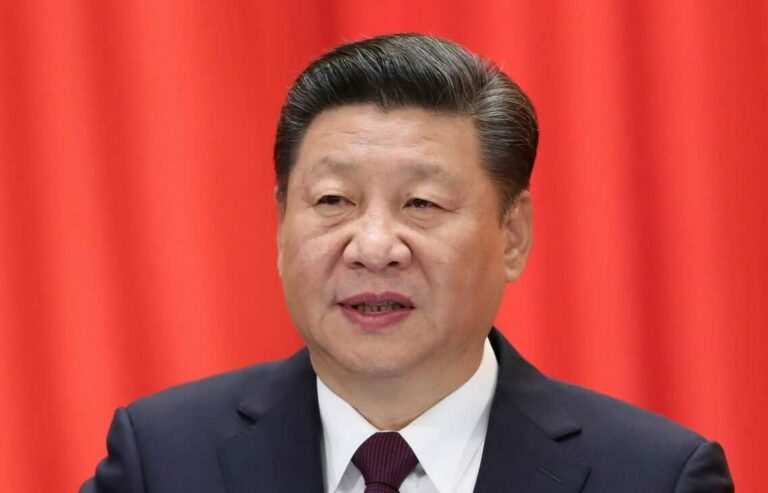
The U.S. Army Reserves let into their ranks a Chinese national who was convicted on Monday of acting as an illegal agent for the Chinese government.
Following a two-week trial, a jury found Ji Chaoqun, 31, of Chicago, guilty of conspiring to act as an agent of China, acting as an agent of China without registering his activities, and making a materially false statement to the U.S. Army. The U.S. Department of Justice announced the jury decision in a Tuesday statement.
Ji is a Chinese national and, according to a criminal complaint, arrived in the U.S. in August of 2013. Ji went on to join the Army Reserves in 2016 under the Military Accessions Vital to the National Interest (MAVNI) program, which allows the U.S. Armed Forces to recruit certain legal aliens whose skills are considered vital to the national interest.
According to text communications uncovered by investigators, Ji was in contact with three different Chinese intelligence officers who worked for China’s Ministry of State Security (MSS). Ji had been in contact with one of these MSS officers as far back as November of 2013, just months after arriving in the U.S. and years before joining the Army Reserves.
While in the U.S., Ji was tasked with gathering and passing along information to his intelligence contacts about individuals who could potentially be recruited to work for the Jiangsu Province Ministry of State Security (JSSD). The target individuals Ji focused on included Chinese nationals who were working as engineers and scientists in the United States, including some who were U.S. defense contractors.
As part of his application to join the Army Reserves through the MAVNI program, Ji falsely state he had not had contact with a foreign government within the preceding seven years. He again failed to disclose his ties to these Chinese intelligence officers in a subsequent interview with a U.S. Army officer.
Ji’s potential involvement in this Chinese intelligence service recruiting mission was discovered after federal investigators searched another Chinese intelligence official working in the U.S., Xu Yunjan. Last year, Xu was convicted on charges of conspiracy and attempting to commit economic espionage and theft of trade secrets.
Upon searching Xu’s communications, investigators uncovered communications with Ji.
After Xu was arrested, Ji met with an undercover FBI agent who presented himself as someone directed to meet with Ji in light of Xu’s arrest.
During two separate meetings, Ji made statements that implicated his involvement in the intelligence operation. For example, when he was first introduced to various Chinese intelligence officers, Ji said he believed three different Chinese agents were part of the same “confidential unit.”
Ji reportedly told the undercover agent:
Initially when I met [Intelligence Officer C], it was during a recruitment
fair in the IM [phonetic] school. There was not much advertising. They
were asking if anyone was interested in joining the organization. They
said it was a confidential unit but they did not elaborate. Therefore, I
went there and met Intelligence Officer C]. Afterwards, [Intelligence
Officer C] asked [Intelligence Officer B] to contact me in Beijing because
[Intelligence Officer B] was in Beijing during that period of time. It was
during my Nanjing trip that I met Intelligence Officer A] for the first
time when he was together with [Intelligence Officer C]. . . It was when
I was in Beijing I contacted [Intelligence Officer B] for a few times. I
often dined with him. He told me stories such as Long-Tan-San-Jie the
three covert CCP agents inside KMT. Afterwards, I went to Nanjing to
look for and meet [Intelligence Officer A]. Afterwards, when I first left
China, it was [Intelligence Officer B] who contacted me using my
undergraduate name and my newly registered email address.
Ji was initially charged in September of 2018.
The jury ultimately found Ji guilty of acting as an illegal Chinese agent and lying to the Army about his Chinese government connections. The jury acquitted Ji on two separate counts of wire fraud.
Ji faces up to 10 years in prison for working in the U.S. as an illegal agent of the People’s Republic of China. He also faces up to five years for the conspiracy and false statement offenses. His sentencing date has not yet been scheduled.
0 comments :
Post a Comment